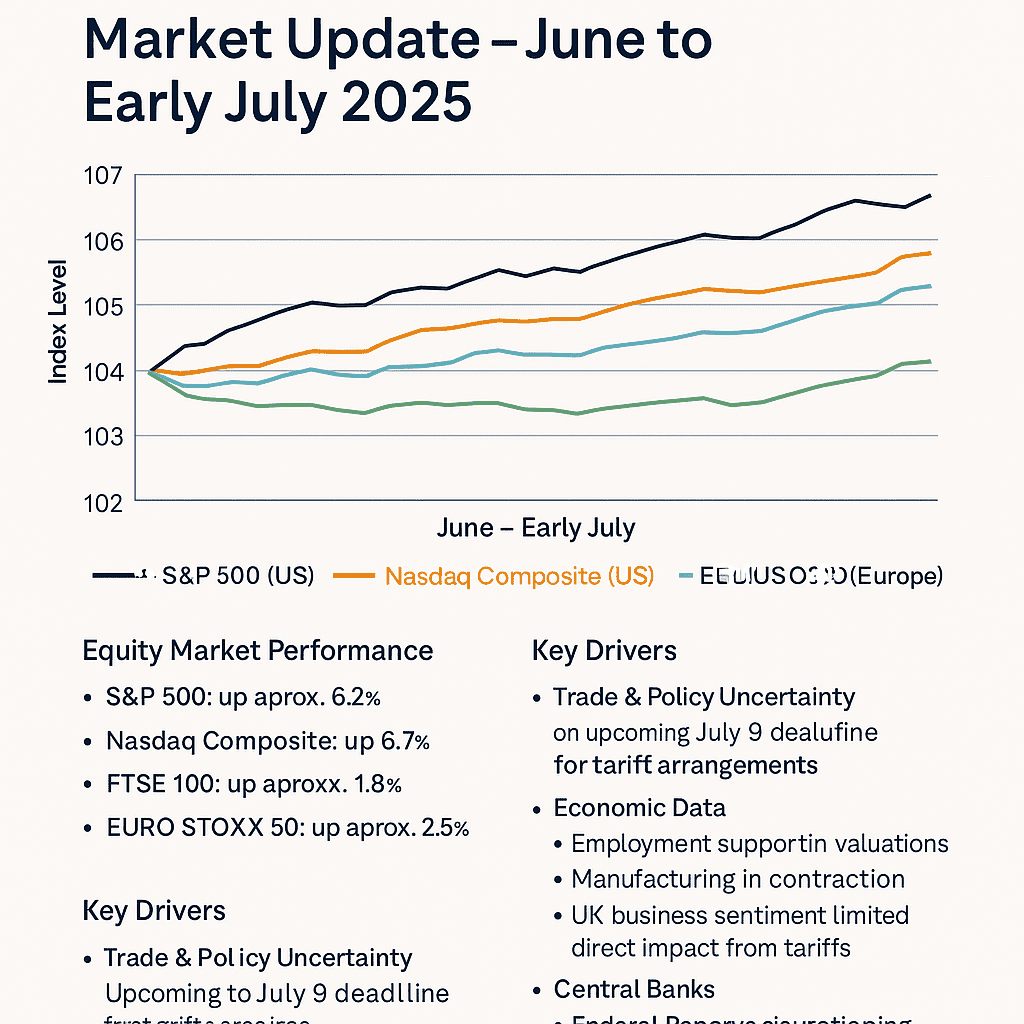Protection should be a critical component of your financial strategy. If you’re concerned that a sickness or injury may leave you unable to pay your expenses, there are policies available to preserve your income. While some people may be able to rely on state benefits as a safety net in the event of a sudden loss of income, for many, the income loss would be insufficient to sustain their lifestyle or meet their monthly obligations.
Continuing to service debts
In many cases, families rely on both couples’ income to cover monthly expenses and are unaware of the impact of losing one income on their monthly obligations. While most individuals understand the need for life insurance to pay off their mortgage in the event of their death, they may not consider how their family would continue to pay their bills if they were seriously ill and unable to work for an extended length of time.
Would you and your family be able to pay the bills if you were off work for an extended period? The coronavirus (COVID-19) epidemic has caused many of us to rethink our approach to financial protection for ourselves and our families. However, this is not only about saving and investing for the long term – but it is also about ensuring you and your loved ones are taken care of in the event of unforeseen circumstances.
Sufficient funds to handle one’s finances
Have you calculated the amount of money you and your family would require if you were unable to work? This should also include any savings and other sources of income you may have. Utilizing a Budget Planner enables you to track your monthly spending on anything from household bills to general living expenses. Having a firm grasp of your whole budget makes it easier to make adjustments.
Not everyone has adequate funds to cover extended periods of sickness– especially if this money is being used for other purposes such as retirement or assisting children with their schooling. There are a range of solutions available to assist you and your family in covering particular expenditures or replacing income if you become seriously ill.
Income Security
Income Protection insurance can replace a person’s earned income if they are unable to work due to an illness or accident. Typically, a policy pays out after a person has been out of work for a deferred period this can start from 4 weeks onwards (often referred to as a ‘delayed’ or ‘waiting period’) and can pay a percentage of their wage until they are able return to work or become eligible for a pension. These waiting periods and the length of cover should be tailored for your own circumstances.
Protection for Serious Illness/Critical Illness
Critical Illness Cover is a form of insurance that provides a tax-free lump sum payment if an insured person is diagnosed with or has surgery for a critical illness that fulfils the policy criteria during the policy period and survives for a defined number of days. It can also include cover for total and permanent disability. It’s intended to assist you and your family with a financial settlement while you deal with your diagnosis – allowing you to focus on your recovery rather than on how you’re going to pay your bills.
Protection for Life Insurance
Life Insurance cover provides a lump sum payment in the event of a policyholder’s death during the policy’s term. If you are diagnosed with a terminal illness and your anticipated life expectancy is less than 12 months, most plans will pay the benefit prior to death. It’s there to assist your loved ones financially should you die prematurely, whether that means paying off the mortgage or sustaining their lifestyle.
Protection for Private Medical Insurance
Private Medical Insurance is a form of protection that pays for the cost of private healthcare. Whether you require overnight care, outpatient therapy, diagnostic testing, scans, or aftercare, you will receive the private attention you require. The protection is offered in a variety of different levels at a range of different costs to suit your individual needs.






Recent Comments